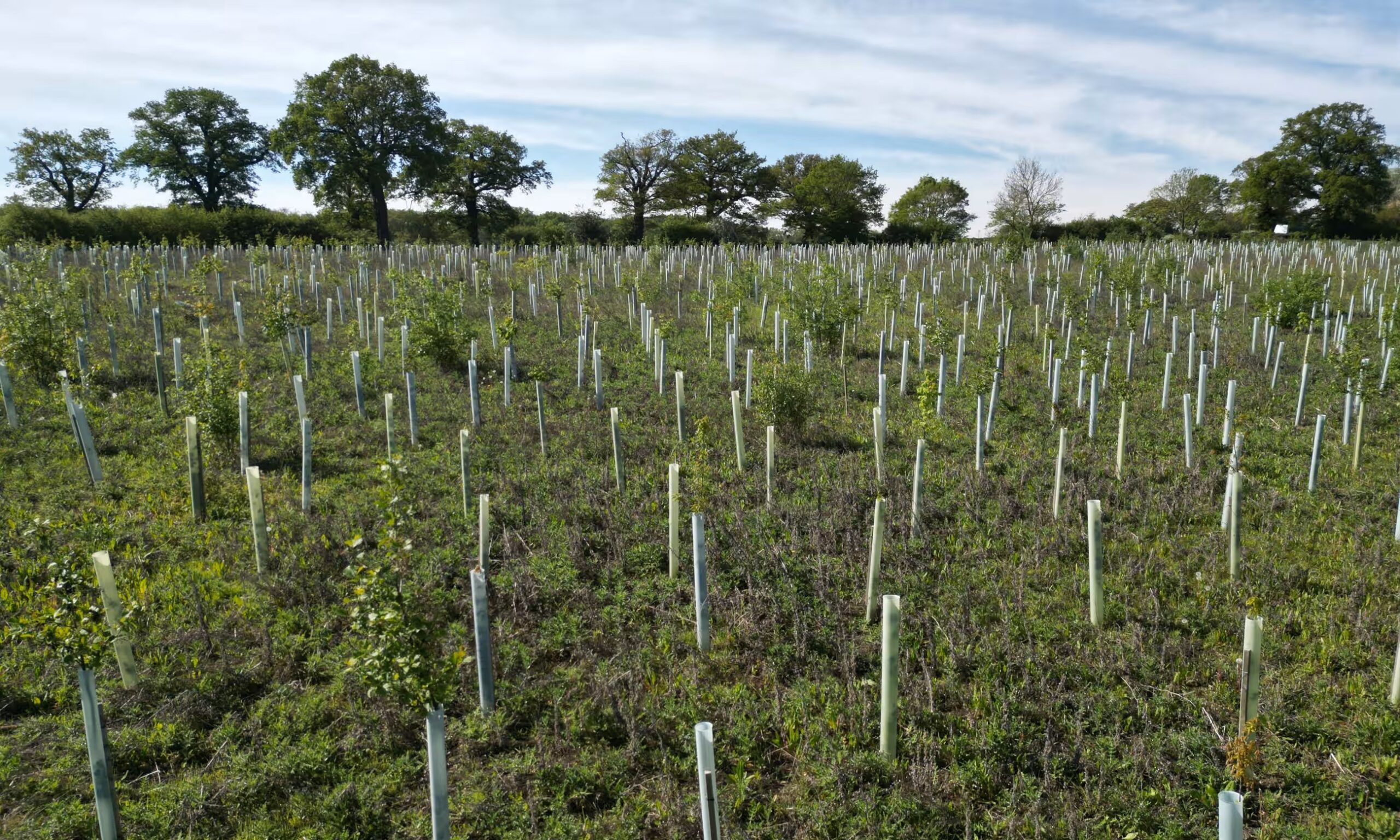As countries gather in Baku, Azerbaijan, for COP29, a key focus will be increasing climate finance for adaptation and mitigation. Central to this discussion is the global agreement on carbon markets, which is a critical tool for decarbonization and limiting global warming to below 2°C.
Carbon markets facilitate trading carbon credits, each representing one tonne of CO₂ reduced or removed from the atmosphere. Article 6 of the Paris Agreement allows nations to collaborate on emission reduction targets through carbon trading, enabling countries to meet their climate obligations. While a global market framework is finalized, COP29 could see progress on these rules.
Carbon markets have been criticized for fraud, human rights issues, and ineffective schemes. The Kyoto Protocol’s Clean Development Mechanism (CDM) failed due to low prices, lack of US participation, and poor project impacts. Recent scandals, such as a $100M FBI fraud investigation and reports of “worthless” credits, have eroded trust in the system. However, carbon markets are regaining attention as countries and corporations race to meet net-zero commitments.
With global pressure mounting for effective climate action, COP29 may be a pivotal moment for carbon markets as countries seek a balance between regulation, accountability, and climate finance. Read More
News Credit: The Guardian
Picture Credit: Getty Images



